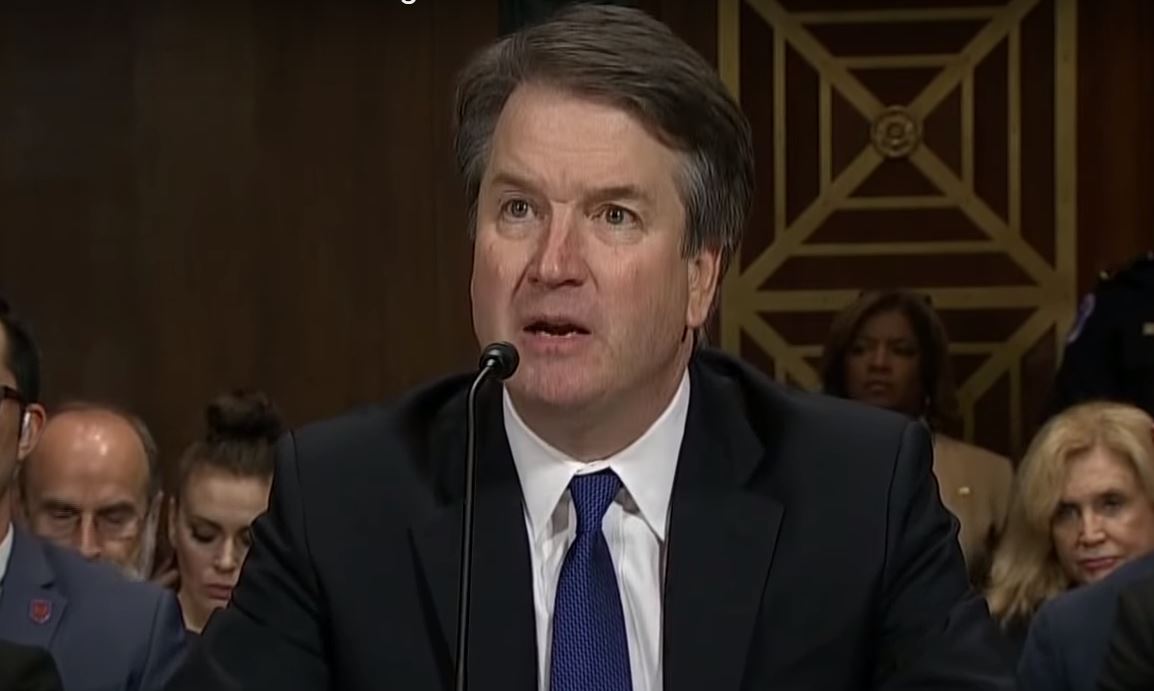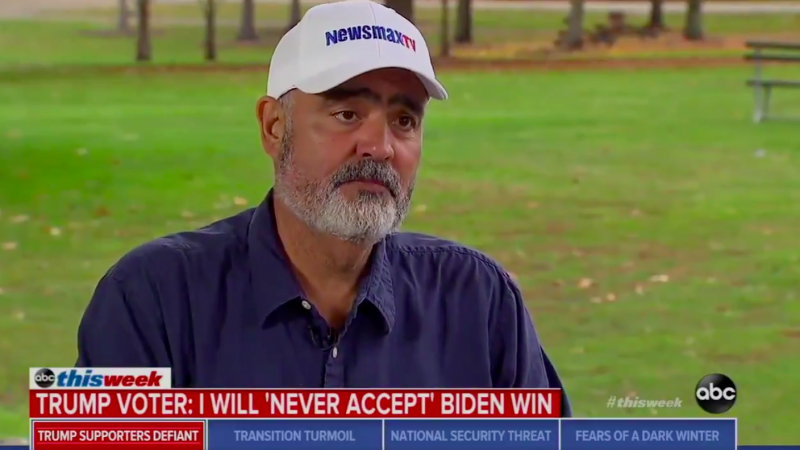The Supreme Court Is Working Hard to Find Amendments It Can Violate

The Supreme Court on Thursday night released two decisions that should worry and infuriate anyone who cares about niceties such as freedom of religion, reproductive rights, and basic human decency. Because it seems as if even the last one is an endangered species.
The first decision, Dunn v. Ray, involved a prisoner set to be executed in Alabama. Domineque Ray is a Muslim, and so had wanted an imam to attend him in his final hours. The state of Alabama would only allow a Christian chaplain into the prison. So Ray appealed all the way up to the Supreme Court, which dismissed his case by a 5-4 vote on the technicality that he waited too long to file for relief. (I’ll get to that in a minute.)
First, though, we must step back and marvel at just what a blatant violation of the establishment clause this decision is. The state of Alabama was not arguing that Ray could not have a spiritual advisor at all. Condemned prisoners have such ministers with them as a matter of course, if they so choose. What the state argued was that security concerns prevented it from allowing someone untrained in execution protocols into the prison.
In her dissent, Justice Elena Kagan asked a pretty obvious question: Could not Ray’s imam be trained in these protocols? According to her, the state has no answer. Which leads one to conclude that Alabama, for whatever reason, was just in a big old darn hurry to satiate its bloodlust, and therefore wouldn’t let such niceties as the Constitution get in its way.
The Supreme Court enabled this travesty on the grounds that Ray did not file his request for relief on the issue in a timely enough fashion. He had first been informed on Jan. 23 that he would not be allowed to have his imam present at his scheduled execution on Feb. 7. He filed for relief on Jan. 28. Why is a five-day gap too late when the stakes for everyone except the condemned man are so low? Why is the rush? The SCOTUS majority does not say.
The issue here is not the death penalty, nor is it the horrible details of Ray’s crime. (He was convicted of raping and murdering a 15-year-old girl.) The issue is the blatant violation of the First Amendment. Is not a Muslim inmate entitled to the same exercise of his religion as a Christian inmate? A majority of the SCOTUS said no, in what can only be viewed as an appalling act of religious bigotry. After they handed it down Thursday night, Alabama wasted no time in executing Domineque Ray.
The second decision SCOTUS handed down Thursday night was a win for pro-choice advocates. By a 5-4 decision, the court prevented Louisiana from implementing a law that would have likely forced the closure of multiple clinics that provide abortions, leaving the state with only one doctor in one clinic to perform the procedure. The law was identical to a Texas statute the court struck down in 2016. That case, Whole Women’s Health v. Hellerstedt, determined that the law placed an unconstitutional burden on women seeking abortions. With Thursday’s ruling, the Supreme Court said that the Louisiana law couldn’t go into effect so long as Whole Women’s Health remains in effect.
The issue here is not the decision so much as it is the minority dissent, written by Justice Brett Kavanaugh.
Kavanaugh’s eagerness to rule against pro-choice advocates was a major concern in his confirmation hearings last year. He was questioned about it by members of the Senate Judiciary Committee. In his answers, he assured them that he would respect Supreme Court precedent because he just revered the Constitution so darn much. Sen. Susan Collins (R-ME) cited this commitment in her decision to vote for seating him on the court.
Then, in his first abortion case, Kavanaugh went after precedent as if they had been drinking brewskis at Squi’s house. In his dissent, he suggested that SCOTUS should not block the law because the state of Louisiana had promised not to enforce it too “aggressively” at first, in order to give doctors and clinics time to adjust their practices and come into compliance. But as Mark Joseph Stern, a legal writer for Slate, noted Thursday night, a pinky swear from a state government is not reason enough to justify violating Supreme Court precedent. If the court took that position on cases, Jim Crow might still be in effect.
Beyond Kavanaugh, the Louisiana decision only reached SCOTUS because the Fifth Circuit Court of Appeals, which heard the case originally, ignored Supreme Court precedent established by Whole Women’s Health in the first place in order to let this law stand. In other words, a circuit court blatantly defied the Supreme Court, and there were four votes on the court to let it do so.
That last part should make people nervous. It suggests that this court, having swung hard to the right with the additions of Kavanaugh and Justice Neil Gorsuch, will find the weakest of justifications to do whatever it feels like doing, with not even the thinnest of fig leaves to give it cover.






